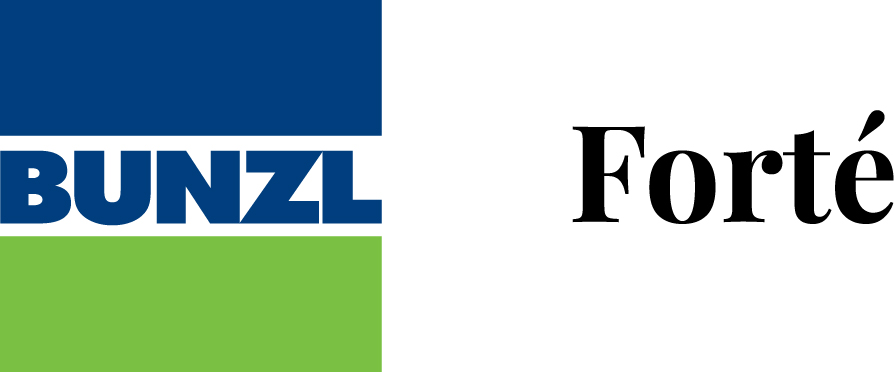Following the pandemic and in a landscape of increasingly turbulent supply chains, Bunzl developed an initiative called Supplier Diversification Strategy (SDS) to spread our risk by diversifying our supplier network across Asia. The SDS has become a key focus for Bunzl’s Director Regional Sourcing Chong Goh, as well as the Global Supply Chain Team.
However, finding reliable suppliers and developing relationships isn’t as easy as making a phone call or signing a contract. There’s a constant push and pull that Chong and the team must always carefully manage. “Something we learned through the COVID pandemic years is that it’s increasingly difficult to create new business relationships – especially at crunch time. Understandably, suppliers will always take care of existing customers first, which means establishing and maintaining these relationships is crucial.”
So how does Chong ensure that supplier relationships remain strong, even if they have only just been established? “I’ve found that it’s important for suppliers to understand how Bunzl operates, and we have a decentralised model, our businesses really do come in all shapes and sizes.”
Another major focus of Bunzl’s Global Sourcing Team is ensuring Bunzl’s Code of Conduct is upheld across its supply chain. Bunzl has a strict Supplier Code of Conduct, which includes a zero tolerance policy for modern slavery, child labour, forced labour, unfair discrimination, wage theft and labour abuse.
“When I’m approaching new suppliers, I will always ask for certification like the Sedex Members Ethical Trade Audit or Business Social Compliance Initiative. When we audit, we always look at the number of foreign workers in their workforce and review work history records to ensure that no employees are being discriminated against. Our Supplier audits are a good way to review the facilities and see the conditions in real time. It’s always interesting to compare this to the verbal information we receive from the suppliers.”
Modern slavery or labour abuse can also be caused by lax local labour laws or a supplier simply not knowing any better. In countries where local laws may not align with Bunzl’s Code of Conduct, there are several programs in place to help suppliers adopt better labour practices From implementing regular supplier training to creating corrective action plans for suppliers that want to improve, Chong has found that leveraging Bunzl’s buying power can be a strong encouragement for more ethical practices to be put into place. “I always tell suppliers that if they pass our audit then they’ll gain access to a major global company that can help them grow their business.”
With most cases of forced labour (86%) are found in the private sector according to reports from the International Labour Organization, Bunzl’s zero-tolerance policy holds even more weight in Chong’s eyes. “When evaluating suppliers, we can’t just look at their prices because if we did, we’d overlook situations that are not in line with our code of conduct. These standards are at the heart of what we do, and vital for proper ESG and supply-chain maintenance.”










